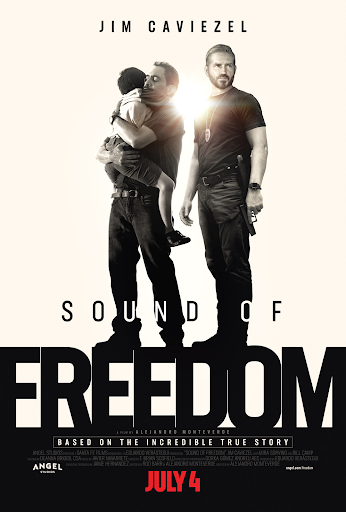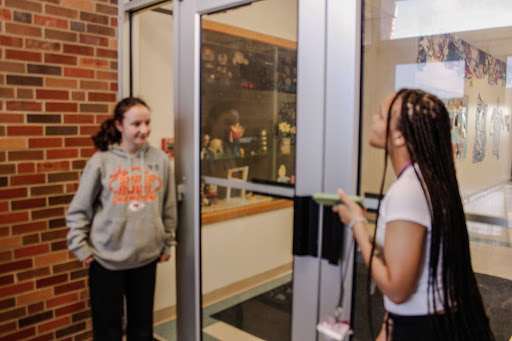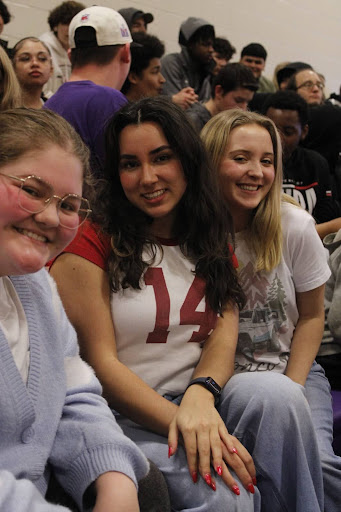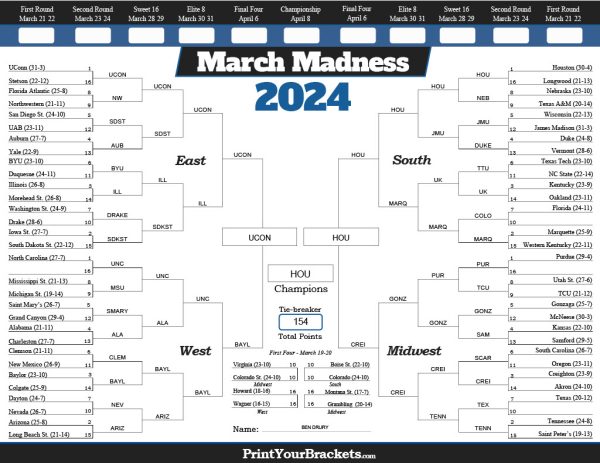ME TOO
Social media movements initiate a larger conversation throughout the Hickman community about sexual harassment.
Following the Harvey Weinstein sexual misconduct scandal in early October, and the widespread social media movements concerning sexual abuse and harassment, particularly #metoo, more and more women have spoken up about sexual harassment and abuse. Since the Weinstein allegations, over 30 prominent men have been accused of sexual misconduct and allegations have been filed against politicians, actors, producers, directors, editors, and many more.
Sexual harassment is defined by Merriam Webster as “uninvited and unwelcome verbal or physical behavior of a sexual nature.”
“Like catcalling, or whistling as a girl would walk by,” junior Kaitlyn Hartnagel said. “It can happen with males and females. But I think a prime example would be guys whistling or saying something as a girl walks by.”
Susan Whitesides, Director of Counseling, adds that sexual harassment can be muddied because of various societal or cultural norms.
“I think it can be misunderstood,” Whitesides said. “What one student might think of as flirting can become or be perceived as actual harassment.”
Another guidance counselor, Robin Hogan, states that even in a safe and respectful environment, such as Hickman, it is possible for boundaries to be crossed and individuals to make mistakes. Students, teachers, and other faculty members must learn how to combat these occasional issues.
“I’d like to believe that Hickman has and promotes a school culture of respect for every individual,” Hogan said. “I would encourage every person in our building to analyze his or her behavior daily. We need to read faces when we tell a joke or think about the purpose of our words, our texts, our tweets.”
In recent years, hashtags such as #Itsnotokay, #Everydaysexism, #Yesallwomen, #WhyIstayed, #Tothegirls, #YouOKsis, #BrockTurner, #Iwillspeakup, and the recent Me at 14 movement have raised awareness over sexual harassment and abuse.
#Metoo, started over a decade ago, was recently revived in light of the Weinstein allegations when actress Alyssa Milano tweeted: “Suggested by a friend: If all the women who have been sexually harassed or assaulted wrote “Me too” as a status, we might give people a sense of the magnitude of the problem. If you’ve been sexually harassed or assaulted write ‘me too’ as a reply to this tweet.” Since then, Twitter reports over 1.7 million men and women have used the hashtag across 85 countries.
#Metoo and similar hashtags have generated new conversations surrounding the prevalence of sexual harassment in today’s society and the everyday perceptions of the public.
“It’s just kinda cool to see all the people who have used it or who have posted about it on Facebook and stuff,” Hartnagel said. “A lot of people have been sexually harassed, and it’s just like – wow.”
Some individuals worry that even a movement such as #MeToo can still have destructive consequences.
“I believe that the hashtag definitely succeeds in its original purpose in bringing attention to the matter,” senior Griffin Poelling said. “But I am scared that the movement will become self-destructive and begin to target a specific group or hurting people.”
While social media can be used a tool for social campaigns and spreading awareness, it can also be misused.
“Social media can make things worse because anyone can say anything, and stories can become very overblown,” Whitesides said. “I think a lot of kids hide behind social media and use it inappropriately.”
Agreeing with Whitesides, Poelling also believes that social media can be more harmful than helpful.
“Overall I believe it hurts because sometimes these innocent and supportive movements can get too caught up in their cause,” said Poelling. “They end up hurting more people than they help.”
Hogan adds that, whether it is being used as a “wonderful tool” or as something “tremendously destructive,” social media plays a very large role in the interactions of today’s society.
“Social media is not going to go away,” Hogan said. “I challenge teens to be responsible in learning how to use social media. Just like learning to drive a car requires careful thought and safe choices, so does owning a cell phone and having an online presence. The consequences can be devastating when mistakes are made.”





